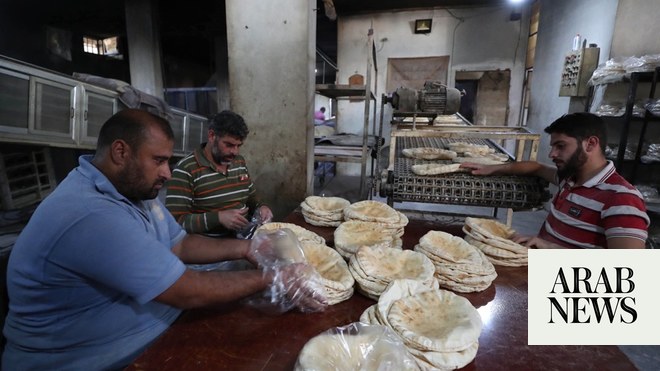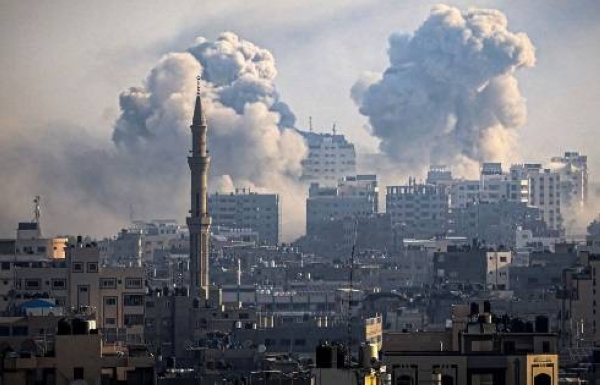
Iran has faced a great deal of political pressure over the past 40 years, but the economic effects of the sanctions recently imposed by US President Donald Trump are the harshest and the most effective to date.
These sanctions not only target the Iranian economy, they are also designed to fuel public anger towards the all-powerful, unaccountable leaders who for four decades have offered their people nothing but systematic repression and censorship.
Caught between their own angry and frustrated citizens and the might of the United Sates, the only aim of the Islamic Republic is to survive at any cost. Tehran seems to think that the best way to achieve this is through threats, both to their own people and to the West about the potential consequences if Iran withdraws from the 2015 nuclear deal.
A week ago, Dr. Ali Akbar Salehi, the head of the Atomic Energy Organization of Iran, warned the world that Iran might restart its uranium enrichment program. President Hassan Rouhani then said that Iran intends to launch a satellite within a few months despite western opposition, including clear warnings from the United States and France. This was followed by an announcement by the head of Iran’s Revolutionary Guards that they will retain their military presence in Syria, in defiance of Israeli threats that they might be targeted if they do not leave the country.
"You should be afraid of the day that our precision-guided missiles roar and fall on your head," added Islamic Revolutionary Guard Corps Commander Mohammad Ali Jafari.
Israeli Prime Minister Benjamin Netanyahu this week confirmed that there have already been strikes on Iranian targets in Syria. This was an unusual step, as Israeli officials rarely confirm or deny attacks.
It remains to be seen how many countries attend the conference in Warsaw but the Islamic Republic views it as a humiliating, anti-regime gathering, and their reaction shows how worried they are.
Camelia Entekhabifard
“Just in the past 36 hours, the air force attacked Iranian warehouses containing Iranian weapons in the Damascus International Airport,” Netanyahu said during a cabinet meeting on January 13. Such an open admission leaves Iranians in little doubt that Israel is prepared to attack with no hesitation should it be deemed necessary.
President Trump withdrew the US from the 2015 nuclear deal, officially known as the Joint Comprehensive Plan of Action, in May 2018. Since then European Union nations have been working on developing a financial channel to help Iran’s banking system survive the reimposed US sanctions, without risking their own banks falling victim to retaliatory sanctions from Trump, but so far they have been unable to offer anything to the Iranians.
The EU response, or lack thereof, has left Tehran disappointed and under internal and external pressure ahead of a recently announced, US-hosted international conference in Poland next month to discuss peace and security in the Middle East, with a particular focus on Iran. The Iranian regime is disturbed by the prospect of further sanctions and the growing unity and determination among the international community to address Tehran’s activities in the region, and the global threat posed by its support and financing for militias and terrorism.
It remains to be seen how many countries attend the conference in Warsaw but the Islamic Republic views it as a humiliating, anti-regime gathering, and their reaction shows how worried they are.
Trump’s predecessor in the Oval Office, Barack Obama, gained international support for increasing the pressure on Tehran and convincing them to negotiate with the West about their nuclear program. Perhaps this inspired Trump, who seems to have a similar goal of increasing international pressure with the aim of forcing the regime to negotiate with the US, this time over its missile program and regional interference.
Either way, it is a very hard task for the Trump administration and these are uneasy subjects for Tehran to talk about.
Camelia Entekhabifard is an Iranian-American journalist, political commentator and author of Camelia: Save Yourself By Telling the Truth (Seven Stories Press, 2008). Twitter: @CameliaFard
Disclaimer: Views expressed by writers in this section are their own and do not necessarily reflect Arab News" point-of-view












